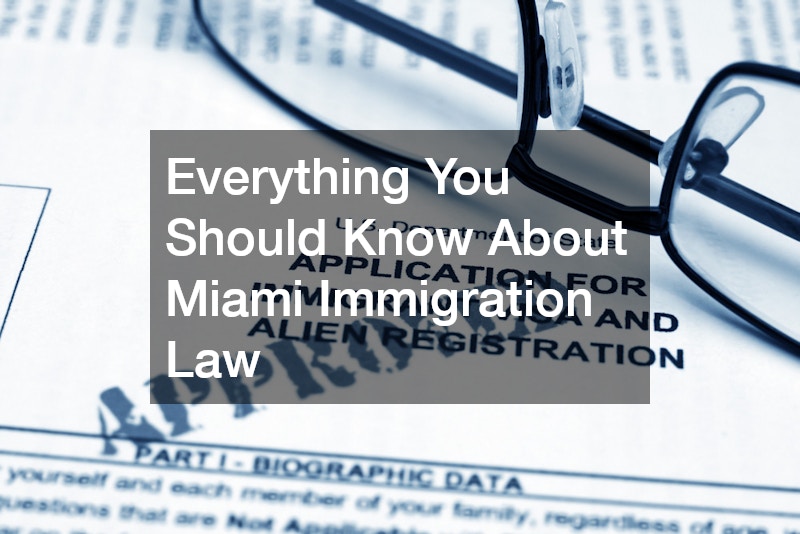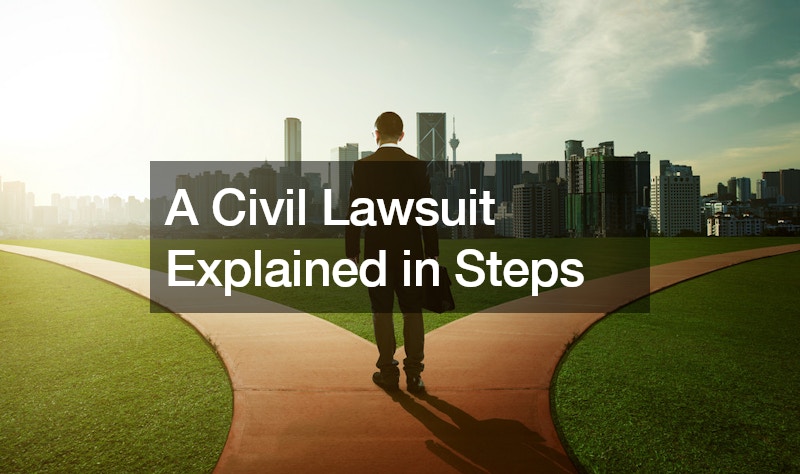
Miami, a bustling gateway to the United States, is home to a vibrant and diverse immigrant population. Navigating Miami immigration law can be complex, given the city’s unique position as a major hub for immigrants from Latin America, the Caribbean, and beyond. Understanding the key aspects of Miami immigration law is crucial for anyone looking to live, work, or seek refuge in the area.
Miami immigration law encompasses a wide range of legal issues, from visas and green cards to asylum and deportation defense. One of the most common pathways for immigrants in Miami is through family-based immigration. This allows U.S. citizens and lawful permanent residents to sponsor relatives for visas or green cards. However, the process can be lengthy and complicated, requiring meticulous attention to detail and a thorough understanding of the legal requirements.
Employment-based immigration is another significant aspect of Miami immigration law. Many immigrants come to Miami seeking better job opportunities, and there are various visa options available depending on the nature of employment and the applicant’s qualifications. Navigating these options often requires the assistance of a skilled immigration attorney who can guide applicants through the necessary paperwork and ensure compliance with all legal requirements.
Miami is also a key location for asylum seekers, many of whom are fleeing political persecution, violence, or other dangers in their home countries. The asylum process is particularly complex and requires substantial evidence to support claims of persecution. Given the high stakes, it’s crucial for asylum seekers to have legal representation to improve their chances of a successful outcome.
Miami immigration law is multifaceted, covering everything from family and employment visas to asylum and deportation defense. Given the complexities and potential consequences, anyone dealing with immigration issues in Miami should seek the guidance of an experienced immigration attorney to navigate the legal landscape effectively and protect their rights.
.




